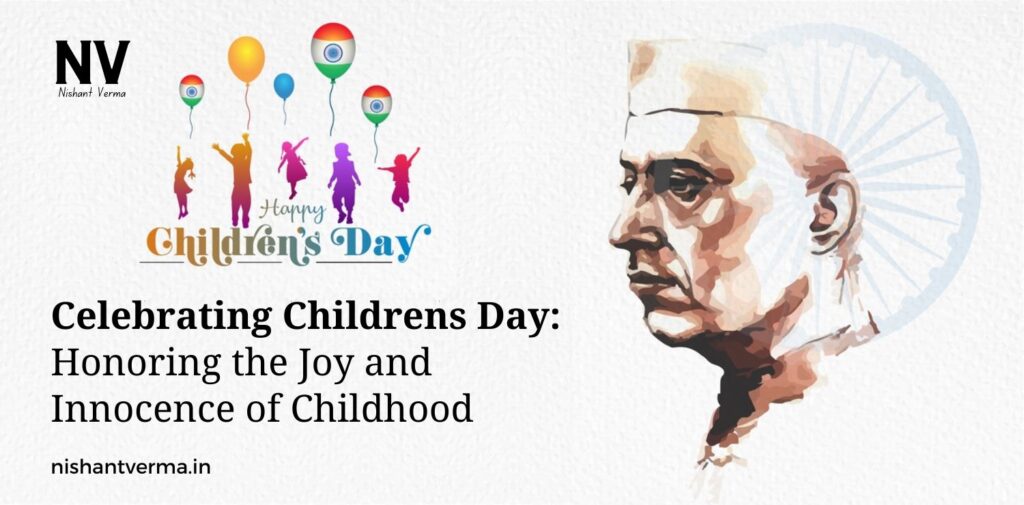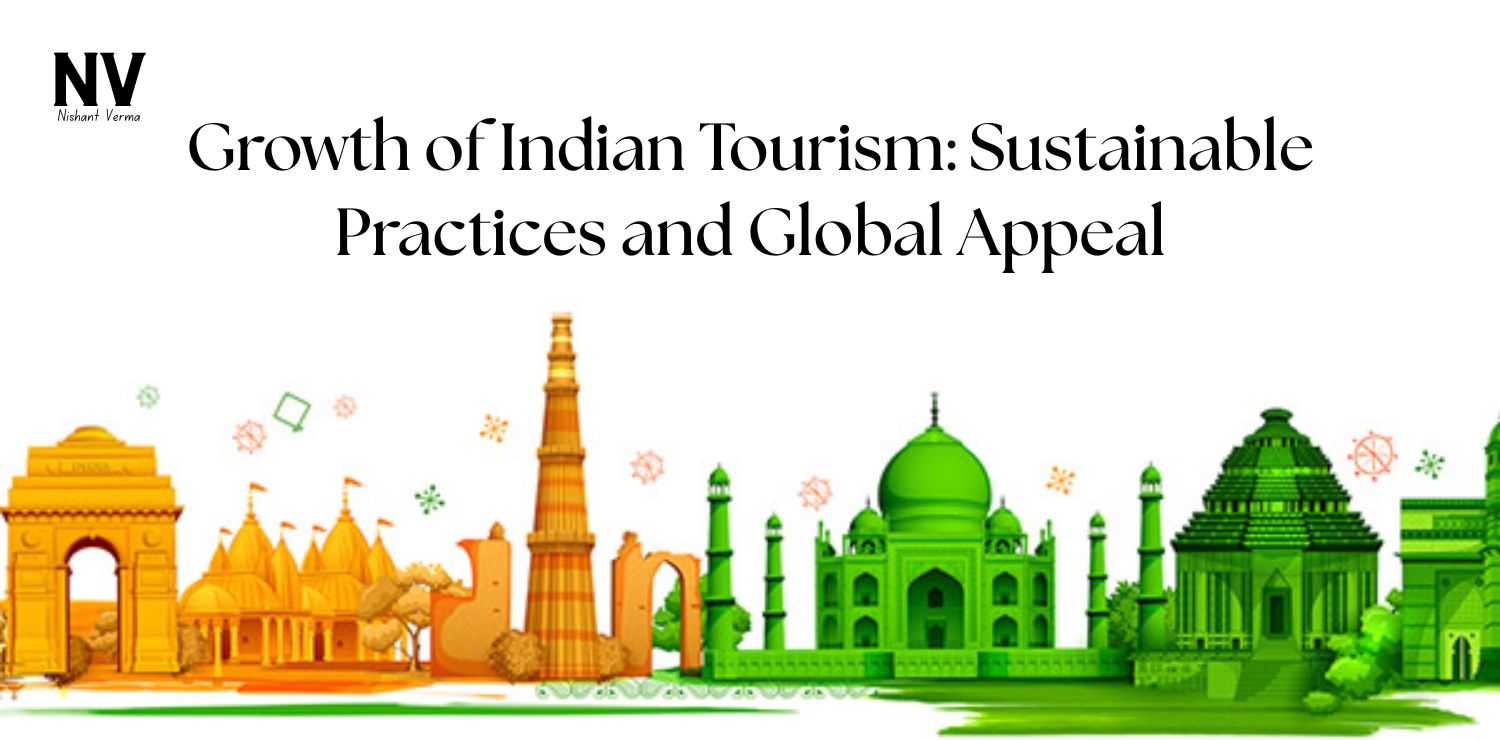Children’s Day is a special occasion celebrated around the world to recognize the importance of children and to highlight their rights, happiness, and well-being. In India, Children’s Day is celebrated on 14th November, and it’s a day dedicated to celebrating children and promoting their overall development. Childrens Day holds a lot of significance, as it not only celebrates the innocence and energy of children but also aims to raise awareness about the issues they face.
Why is Children’s Day Celebrated on 14th November?
In India, Children’s Day is celebrated on 14th November every year in honour of Jawaharlal Nehru, the first Prime Minister of independent India. Nehru was known for his love and affection for children, and he believed that children were the future of the nation. He worked tirelessly to promote education, health, and the overall welfare of children in India. Nehru’s birthday, 14th November, is observed as Children’s Day to commemorate his efforts to improve the lives of children.
Nehru was often seen surrounded by children, and he considered their happiness and well-being to be a top priority. His focus on building a strong foundation for the future of the country was reflected in his vision for the development of children. On this day, his love for children and his dedication to their welfare are remembered and honoured.
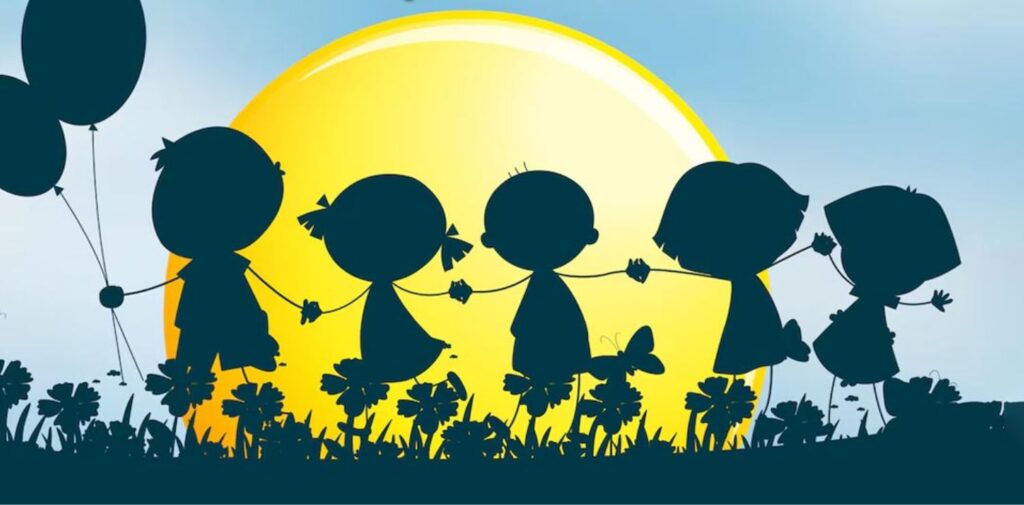
The Importance of Children’s Day
Children’s Day is a day to remind everyone—parents, teachers, communities, and governments—of the importance of nurturing children and ensuring they grow up in a safe and supportive environment. The day is not just about celebrations but also about raising awareness of the challenges children face in society. In many parts of the world, including India, children suffer from poverty, hunger, lack of education, and abuse. On Children’s Day, we reflect on these issues and work toward creating solutions to protect the rights of children.
Children’s Day Celebrations in Schools
One of the most prominent celebrations of Children’s Day in India takes place in schools. On 14th November, schools across the country organize special events and activities for children. Teachers often take on the role of students, and students take over the classrooms as teachers for the day. This role reversal is a fun way to celebrate the day and encourage students to appreciate the hard work their teachers do.
In many schools, competitions are held, including drawing contests, singing, dancing, and poetry recitations. Some schools also organize cultural programs or plays, where students perform on stage to entertain their peers and teachers. The main idea is to make children feel special and appreciated.
Gifts and Treats for Children
Children’s Day is also a time when parents and communities show their love and affection for children. Many children receive small gifts, toys, or books from their parents or guardians. Some families might take their children to the cinema or a fun activity park, while others may organize outings with friends or family to celebrate the day.
In many places, special treats are prepared, such as chocolates, cakes, or ice cream, making the day even more enjoyable for kids. These simple joys and acts of love help make Children’s Day a memorable occasion.
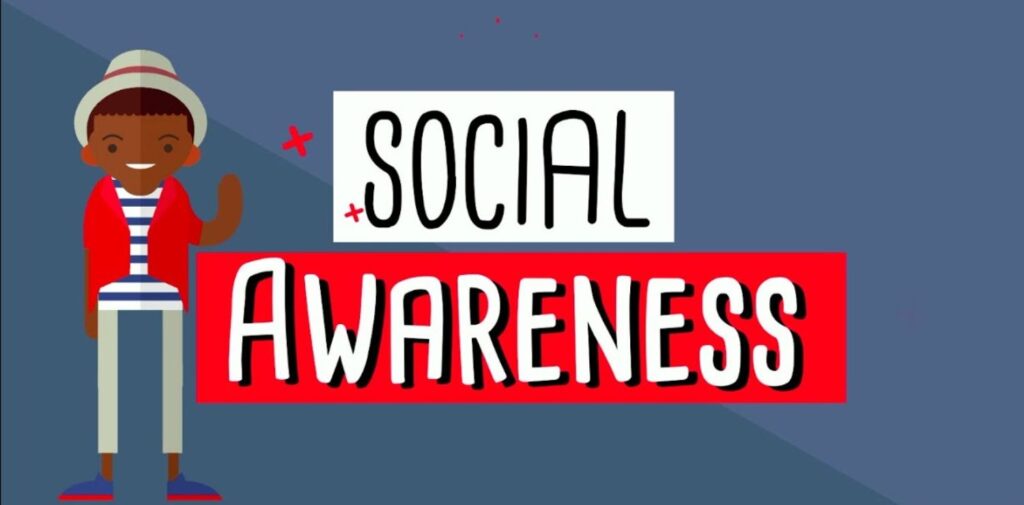
Children’s Day and Social Awareness
While celebrations and festivities are important, Children’s Day also serves as a reminder to focus on the issues that affect children around the world. The day calls for more attention to issues like child labour, child marriage, malnutrition, and lack of education. In India, millions of children are still out of school, working in factories, or living in difficult conditions. The celebration of Children’s Day helps shine a light on these issues and encourages people to take action.
Various organizations, both government and non-government, use this day to raise awareness about the rights of children and to encourage positive change. Events, campaigns, and discussions about children’s health, safety, and education take place in many communities, schools, and social organizations.
The Role of Parents in Celebrating Children’s Day
Parents play a crucial role in the lives of children. Their love, support, and guidance shape children’s future. On Childrens Day, parents are reminded to spend quality time with their children, listen to their concerns, and provide them with opportunities to explore their interests and talents. This day is a great opportunity for parents to reaffirm their commitment to creating a nurturing environment where children can thrive.
Parents can also take this day to talk to their children about their rights, responsibilities, and the importance of kindness, respect, and empathy. By teaching children good values and principles, parents help prepare them to be responsible citizens in the future.
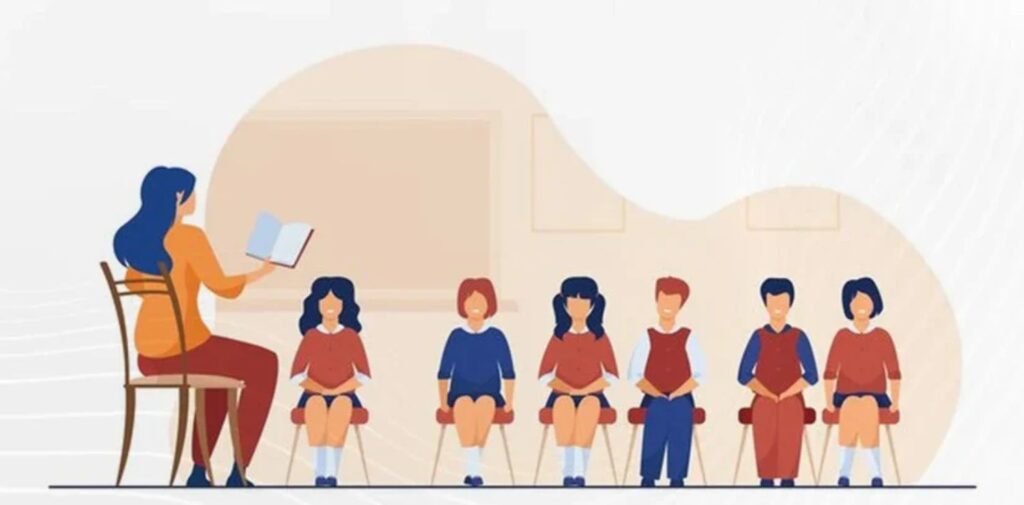
The Role of Teachers in Shaping a Child’s Future
Teachers are often considered second parents, as they play an essential role in shaping the minds of children. On Children’s Day, the hard work of teachers is recognized and celebrated. Teachers not only impart knowledge but also teach children valuable life lessons, help them develop critical thinking skills, and guide them in building positive relationships with others.
Teachers can celebrate Children’s Day by organizing activities that allow children to express themselves, explore their creativity, and learn something new. Whether it’s through a fun educational game, a creative project, or a group discussion, teachers can make Childrens Day an exciting and enriching experience.
Creating a Better Future for Children
As we celebrate Children’s Day, it’s important to remember that the future of any society lies in the hands of its children. This day is a reminder to all of us to invest in the future by investing in children. Whether through better access to education, healthcare, or protection from exploitation, every effort we make today ensures a better tomorrow for children.
The government and various organizations have launched programs and policies aimed at improving the lives of children. The National Policy for Children in India, for example, focuses on ensuring every child’s right to survival, development, protection, and participation. These policies aim to eliminate child labour, provide free and compulsory education, improve child healthcare, and ensure the safety and well-being of all children.
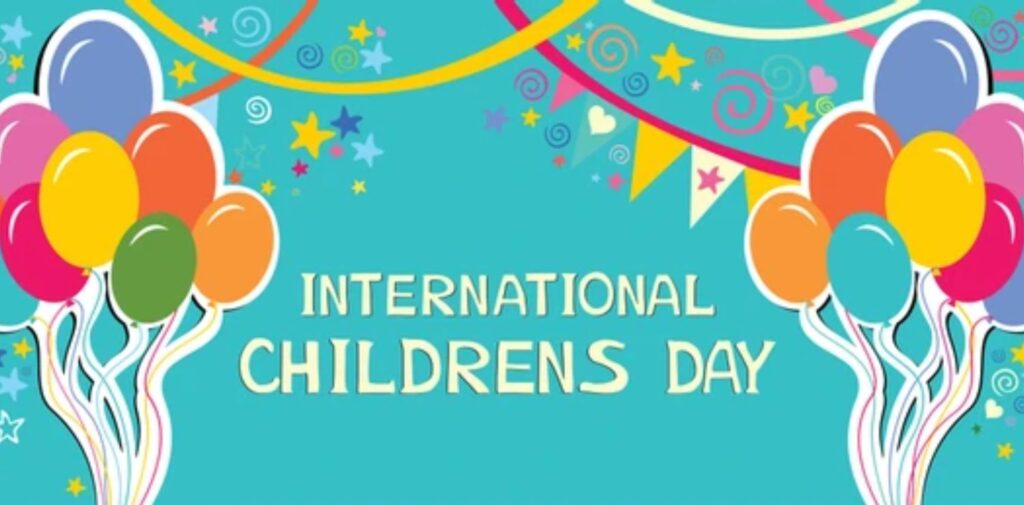
International Children’s Day
While 14th November is celebrated as Children’s Day in India, many other countries around the world have their dates for honouring children. For example, in the United States, Children’s Day is celebrated on the second Sunday in June. Universal Children’s Day, which is recognized globally, is observed on 20th November each year by the United Nations. This day is meant to promote the well-being of children worldwide and to encourage governments to take action in favour of children’s rights.
Internationally, Children’s Day highlights the global need for progress in ensuring that children live free from hunger, violence, and exploitation. It calls for the elimination of child labour, the abolition of child marriage, and the protection of children from abuse and neglect.
Conclusion: Celebrating Childrens Day
Children’s Day, celebrated on 14th November in India, is a day of joy, reflection, and commitment. It’s a day to celebrate the innocence, energy, and potential of children while also raising awareness about the issues they face. It serves as a reminder for society, families, and governments to continue working together to create a better world for the next generation. Whether it’s through simple celebrations at school or larger campaigns aimed at tackling global issues, Children’s Day is a powerful occasion to acknowledge the importance of children and ensure that every child has the opportunity to grow up in a safe, healthy, and supportive environment.
On this Children’s Day, let’s make a promise to ensure that all children are treated with love, care, and respect. They are the future, and it is our responsibility to nurture them to become the leaders, thinkers, and innovators of tomorrow.

